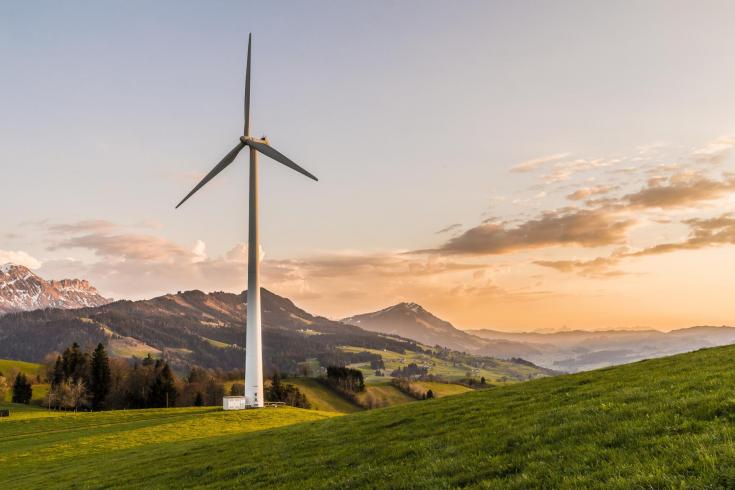REScoop: Supporting renewable energy co-operatives across Europe

Europeans are increasingly taking energy production into their own hands, and households and small businesses have a range of affordable renewable technologies to choose from. However, larger-scale, community installations are also emerging led by citizens and community groups.
Community energy involves community ownership, participation and shared interest in energy generation, with citizens, social entrepreneurs and community organisations participating directly in the energy transition by jointly investing in, producing, selling and distributing renewable energy.
European energy communities
REScoop.eu is the federation of European renewable energy co-operatives, linking over 1,250 cooperatives and one million citizens. It was set up in 2013 to support the start-up of new co-operatives and provide them with useful tools and contacts, as well as to represent the voice of citizens and renewable energy co-operatives to European policymakers.
REScoop.eu has produced some unique tools to help expand the number of European renewable energy co-operatives. A large amount of learning material is available on the website to aid ‘starters’ – individuals interested in launching an energy community. These include best practice documents and manuals on choosing the right business model, financing, managing stakeholders, and energy democracy.
Collaboration with public authorities
REScoop.eu is also keen to increase collaboration with local and regional authorities, and in May 2018 published a report detailing how authorities can support and work with REScoops. Some of the possibilities are:
- Initiate or assist the creation of an energy community. In the UK, Plymouth City Council identified community energy as a potential solution to energy poverty in the region, and played a major role in the creation of Plymouth Energy Community. Today the community includes 1200 individuals and organisations, providing their users access to energy grants, free and assisted insulation and advice on energy tariffs.
- Include direct citizen participation as a prerequisite in public tenders. In Wallonia (Belgium) private developers of wind energy projects are requested to offer 24.99% of the project shares to local citizens and 24.99% to local authorities. Though not a legal requirement, this principle is widely accepted and applied within the region.
- Enter a strategic partnership. Last year, Ecopower, a flemish renewables co-operative, was named strategic partner of Leuven (Belgium) to accelerate the energy transition in the city. LICHT-Leuven was founded, which, amongst other activities, identifies suitable rooftops to install solar panels and coordinates efforts to save energy in private homes and public buildings. They are also developing an investment portfolio of RES and EE projects for the Province of Vlaams-Brabant, which will be introduced as an ELENA project to the European Investment Bank.
REScoop.eu is itself participating in a number of European projects that aim to engage public authorities. ECCO is an Interreg North West Europe project that looks to inspire policymakers and community groups to initiate their own ECCOs (Energy Community Co-Operatives) and support their development.
REScoop MECISE - an EASME funded Horizon 2020 project - will provide financing for local RES and EE projects, supporting the local energy community to raise funds from local citizens to take ownership of the project. By aggregating funds from co-operatives, municipalities and citizens, the project aims to help the development of larger scale community energy projects. This financing instrument should be operational in 2018.
Energy communities look set to be a key trend in the coming years. According to a study by CE Delft, citizens could own around 45% of renewable energy production by 2050. And new EU legislation gives legal rights to citizens and energy communities for the first time. Inspired to find out more? Check out the
